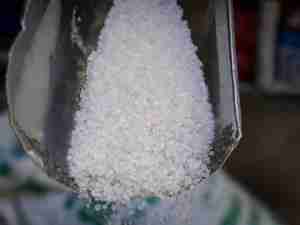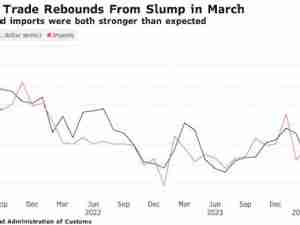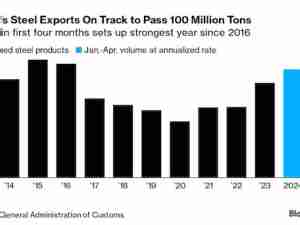Brazil Tainted-Meat Probe Widens as Trade Partners Study Impact
By: Fabiola Moura | Mar 19 2017 at 12:46 PM | International Trade
Brazil’s tainted-meat investigation is widening beyond the borders of the world’s biggest beef and poultry producer as trade partners begin their own probes to ensure the safety of the products on store shelves.
Federal authorities said that an investigation revealed Friday showed about 40 companies including JBS SA and BRF SA had been involved in illicit activities such as bribing inspectors to approve the sale and export of contaminated meat and adding chemical substances to mask the poor quality. While the companies have denied the allegations, including through full-page ads in Brazil’s newspapers and spots on TV, their shares have tumbled at a time when both JBS and BRF are trying to access capital markets again.
The European Committee for Health and Food Safety is aware of the investigation and is seeking additional information, according to an emailed statement Sunday. The committee said it hasn’t found any irregularities with health certificates related to meat from Brazil since 2015. China and the U.S. have also requested explanations, O Estado de S. Paulo newspaper reported, without saying how it obtained the information.
Brazilian President Michel Temer is expected to meet with Agriculture Minister Blairo Maggi and representatives from the meat production sector Sunday in Brasilia, Agencia Brasil reported.
Executive Arrested
Federal police served hundreds of court orders related to the investigation on Friday, including more than 30 detention warrants, in what local media said was the largest police operation in the country’s history. Roney Nogueira dos Santos, an executive from BRF, was arrested at the international airport in Sao Paulo when arriving from South Africa on Saturday. BRF said in an emailed statement that he surrendered to the authorities and is available to give all clarifications needed.
China and Hong Kong, which together are the biggest foreign market for Brazilian meat, were the destination of a third of the $5.5 billion of beef shipped from Latin America’s largest economy last year, according to the meat exporters group Abiec.
The European Union is the second-largest market, with 13 percent of the exports. China and Hong Kong are also the biggest export market for chicken, while the European Union ranks third, according to the Brazilian Association of Animal Protein Abpa.
Retail Chains
Some of the tainted meat was sold for school meals or to retail chains including Wal-Mart Stores Inc., according to police and Brazil’s Federal Revenue agency. Some was exported—police allege three BRF cargoes tainted with salmonella are still en route to Europe. Wal-Mart said in a statement that it has requested explanations from the suppliers cited by the police, and that its internal procedures on food safety are reliable.
The U.S. bought $297.8 million of red meat from Brazil in 2016, according to government data. Americans consume about $200 billion of meat annually, the bulk of it from domestic sources, according to the North American Meat Institute.
While prosecutors of the so-called “Weak Flesh” probe said the practice was widespread in the industry, there haven’t been any cases of individuals getting sick from consuming the products. It was alleged that some of the meat, including sausages and cold cuts, was adulterated with ingredients including pig heads, and that suspect smells were masked by applying acid.
Brazil’s Federal Inspection Service is one of the most efficient and rigorous worldwide, the Brazilian Ministry of Agriculture said yesterday in a statement. On Friday, it said that while the scandal revealed isolated cases, it may more broadly harm the country’s global trade reputation.
Salmonella Strain
The kind of salmonella found in containers of meat en route to Italy is Salmonella Saint Paul, which is permitted by European standards, BRF also said in a statement on Saturday.
Prosecutors said that BRF and JBS had influence in choosing the inspectors responsible for overseeing their plants and paid bribes to get clearance for their products. Two executives at JBS and three at BRF are among those being investigated, along with 34 civil servants, police said.
Sao Paulo-based JBS said in a statement that it “vehemently repudiates” claims it sold spoiled food. While the company denied its executives were targeted by court orders, it confirmed three of its plants were included in Friday’s probe.
The investigation and any potential repercussion on business come at a bad time for the companies. JBS is trying to sell shares in the U.S. and expand in what’s proving to be its most lucrative market, while BRF is pursuing a sale of shares in its halal unit—a plan already in doubt after the company posted a record quarterly loss.
JBS slumped 11 percent and BRF tumbled 7.3 percent at Friday’s close in Sao Paulo, the worst performers on Brazil’s benchmark stock index. Bond yields for both companies also surged.









